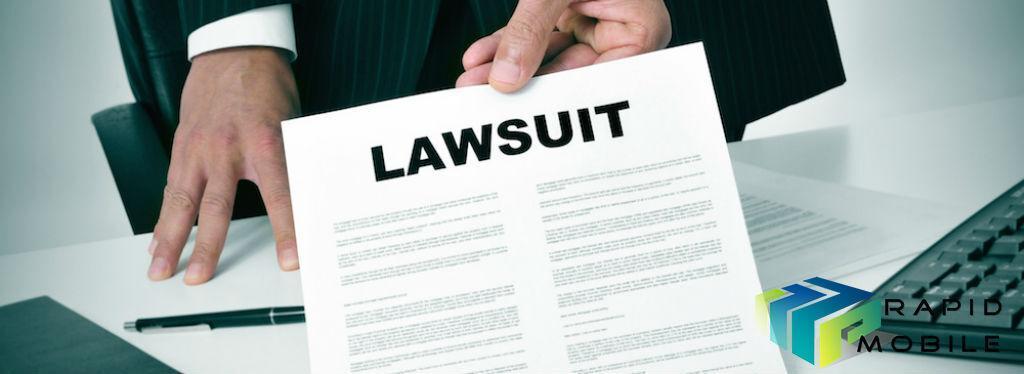Apple has asked a federal appeals court in California to pause an April 30 contempt ruling requiring Apple to open up its App Store to rivals.
Apple argued that US District Judge Yvonne Gonzalez Rogers’s explosive ruling last month contained “extraordinary” measures that “will handcuff Apple’s ability to compete in perpetuity.”
Last month, Rogers found Apple in contempt of a 2021 injunction that arose from a lawsuit filed by Epic Games and referred the company for potential criminal charges.
Epic’s lawsuit against Apple argued that the tech company acts as a monopoly, taking a 30% cut on all in-app purchases while banning outside payment methods.
The judge alleged that CEO Tim Cook “chose poorly” by directing employees to defy the previous injunction and that vice president of finance Alex Roman had “outright lied” under oath.
Rogers added that she referred the matter to U.S. attorneys to investigate whether to pursue criminal contempt proceedings on both Roman and Apple.
In the same ruling, the judge ordered Apple to stop practices allegedly aimed at evading that injunction, such as imposing a new 27% fee on rivals who direct customers to make purchases outside the App Store.
“These restrictions, which will cost Apple substantial sums annually, are based on conduct that has never been adjudicated to be (and is not) unlawful,” Apple said in the filing.
Apple said it complied with the original injunction and its appeal of Rogers’ order will show “contempt and discovery sanctions are unwarranted, and that the district court committed other reversible errors including invasion of the attorney-client privilege.”
The judge’s ruling threatened to upend Apple’s lucrative App Store model by allowing rivals, including Epic Games, Spotify and Amazon, to direct customers to make purchases on their own websites and avoid the iPhone maker’s steep in-app commissions.
The judge also said Apple must end restrictions on where developers can place links that lead customers away from the App Store.
In its motion for a stay, the company argued that Rogers “cannot force Apple to permanently give away free access to its products and services, including intellectual property.”
“The order is akin to a requirement that the store include in the checkout aisle a billboard advertising that the same books are available on the publishers’ own websites, with a link to purchase them there without paying the bookstore a penny—and disparaging the bookstore’s prices or services,” Apple’s filing added.
Epic Games hit back at Apple’s filing, calling it:
“a last-ditch effort to block competition and extract massive hunk fees at the expense of consumers and developers.”
“We are full speed ahead to bring Fortnite to iPhones and iPads in the US this week,”



